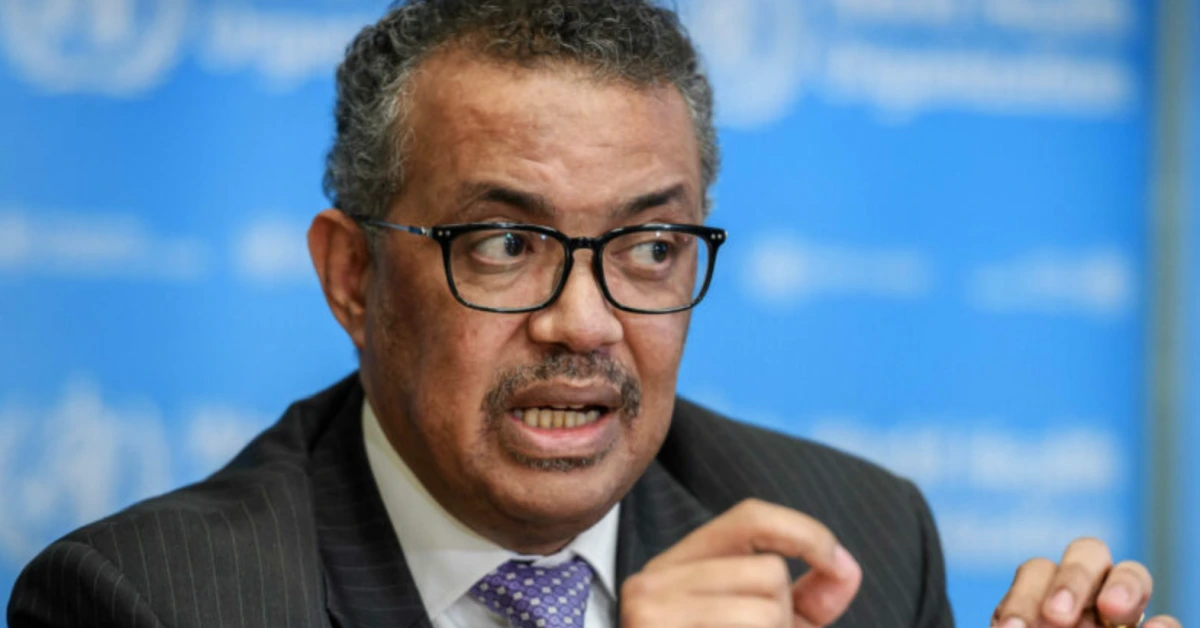
SWITZERLAND – The World Health Organization (WHO) has launched a large-scale restructuring of its global workforce and leadership as it adjusts to a reduced budget for the 2026–2027 biennium.
The move comes in response to shrinking donor support and rising financial pressures across the globe.
In a statement released on Wednesday, WHO Director-General Dr. Tedros Adhanom Ghebreyesus said the organization is implementing sweeping reforms to stay within its revised financial plan.
WHO’s proposed budget has been reduced by 21%, from US$5.3 billion to US$4.2 billion.
To remain sustainable under the tighter budget, WHO is cutting operational costs by reducing the number of departments, slashing senior management positions, and cutting overall salary expenses by 25%.
“The hard truth is that we need to reduce salary expenditures by 25%,” said Dr. Tedros. “That does not mean cutting 25% of all staff, but it does mean saying goodbye to many experienced and dedicated colleagues. It’s painful, and it will disrupt careers and lives.”
He explained that the bulk of these staff reductions will affect headquarters, although regional offices will also experience some downsizing.
The reorganization will see the number of departments at headquarters drop from 76 to 34, and senior management positions reduced by half – from 14 to 7.
Dr. Tedros said the decision follows an internal prioritization exercise aimed at streamlining WHO’s operations and focusing resources on its most critical functions.
Streamlining for efficiency and core functions
To manage costs more effectively, WHO is also looking into relocating some roles, offering early retirement options, and consolidating its global footprint.
These and other measures are expected to generate over US$165 million in savings by year-end.
Despite the challenges, WHO has introduced several support systems to help affected employees and is committed to protecting staff mental health and well-being during the transition.
Dr. Tedros emphasized that WHO’s core functions will remain intact but warned that the reduced budget means the organization must focus on what matters most and avoid being overstretched.
New leadership to guide the transition
As part of the restructuring, WHO has announced a new executive management team, effective June 16:
Dr. Tedros noted that the selection process carefully considered gender balance and geographical representation, and thanked outgoing leaders for their service.
“These were difficult decisions for me and every manager involved. But I have full confidence in this new team to help steer WHO through the changes ahead,” he said.
Finally, he urged WHO Member States to support the agency during this period of transition by allowing it to concentrate on its core priorities and avoid overloading its limited resources.
XRP HEALTHCARE L.L.C | License Number: 2312867.01 | Dubai | © Copyright 2025 | All Rights Reserved